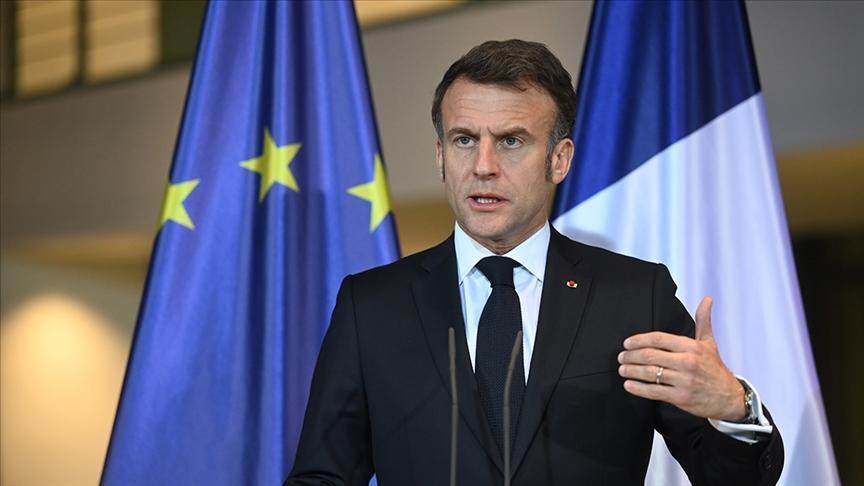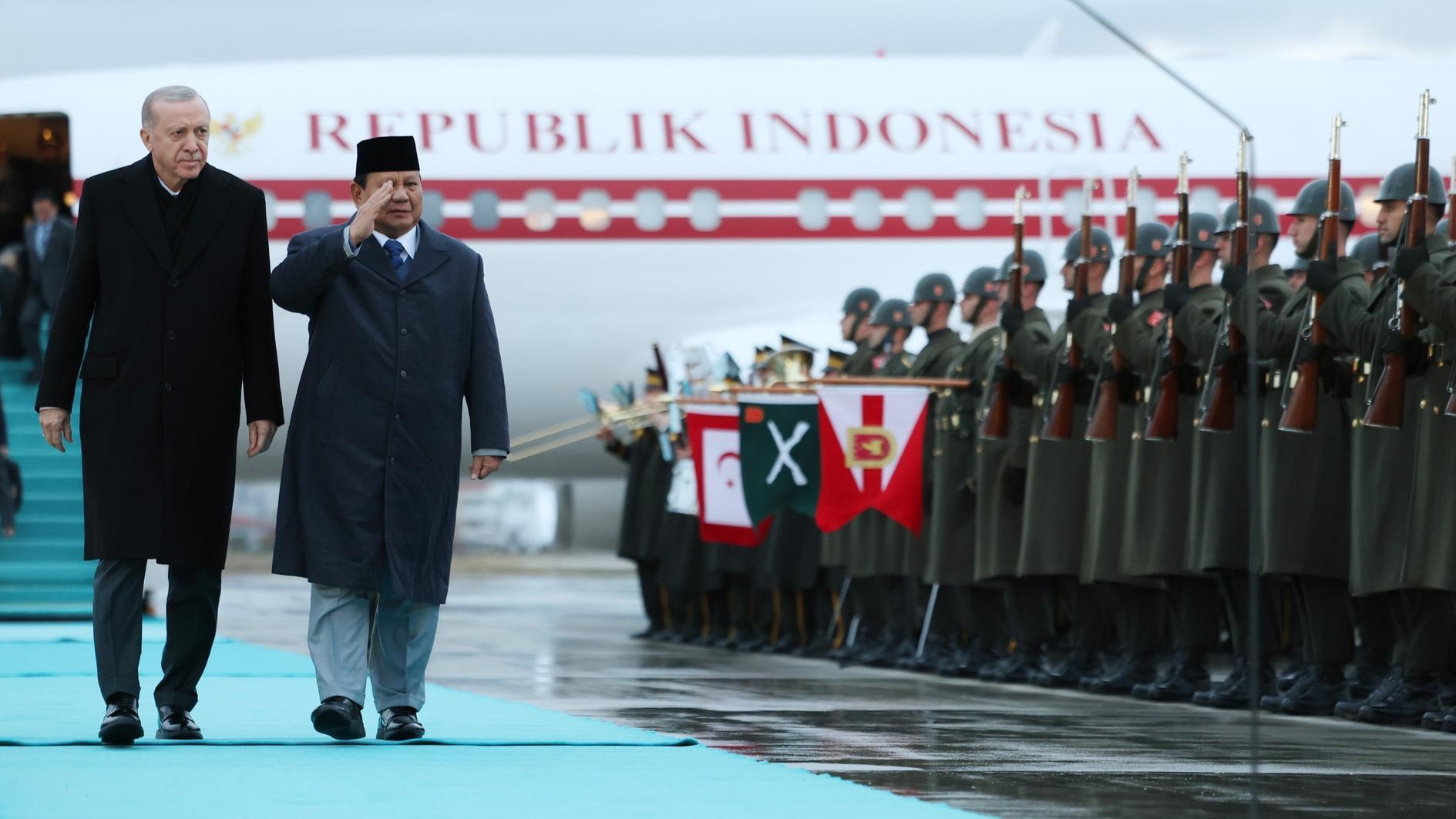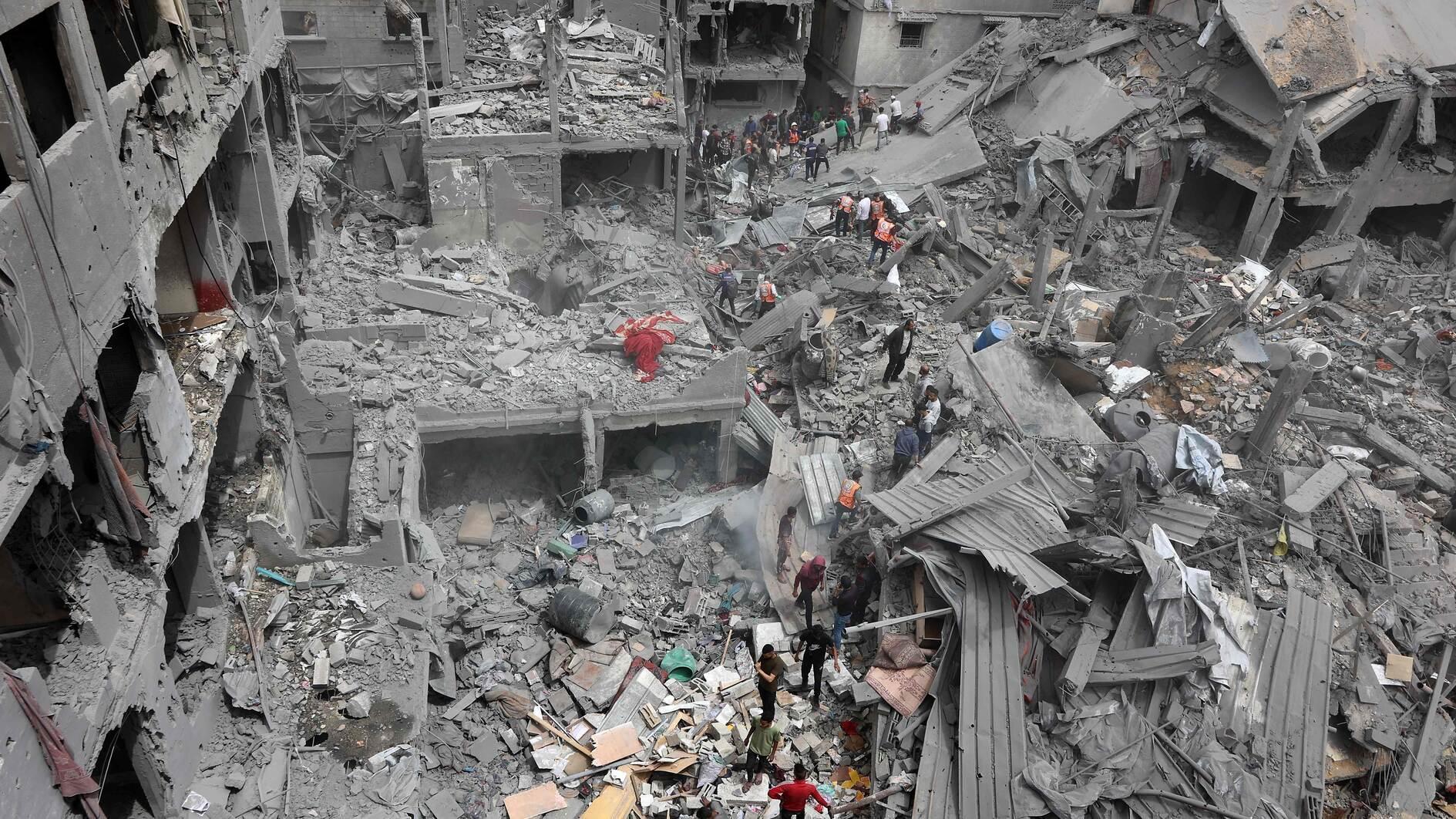The failed AKP
How could such a thing happen? It is difficult to understand and even more difficult to accept.
Days have passed since the inhumane demonstration of barbarism and primitivism, which planted such a horrible seed for the future of this country.
Thanks to micro-nationalism, majority nationalism bordering on fascism, racist obsessions, a decade-and-a-half of dissemination of hatred, vengeance, polarization and alienation, Turkish society has never been so divided. Last week’s mob attack on the funeral of the mother of Kurdish issue-focused Peoples’ Democratic Party (HDP) deputy Aysel Tuğluk was the first time it proved impossible to lay our dead side by side in a cemetery.
It is a fact that under Justice and Development Party (AKP) governments of the past 15 years Turkey has achieved great achievements in many areas but sharp and irritating regressions in many others. Despite complaints, the so-called “highways revolution” has changed the face of Turkey and made all parts of the country accessible. What’s more, despite continued problems and the monopolization of big companies, progress in the health sector has been remarkable. Some medicines may not be available, long queues may have been replaced with phone appointments, and the family doctor implementation may have been a failure. But Turkey’s health sector has become far better over the past 15 years. Similarly, fast trains have started to connect major cities.
But why was there a need for a massive third airport in Istanbul? Could we not have enhanced the capacity of the existing two airports, rather than making such a huge investment? Of course, it was a political choice. Likewise, opening airports in every city has only produced many unused airports across the country, while opening a university in every city has only led to many mediocre universities. Turkey should clearly be using its resources much better.
In many other important areas, meanwhile, there have been very serious regressions that eclipse advances in all other fields. The worst of these failed areas has been the “respect for differences” culture that this nation developed over centuries. Relations with minority elements or “others” might not represent a great success story, particularly over the past 100 years or so, which have seen some sad, terrible times. Since the 1984 start of separatist terrorism, the outlawed Kurdistan Workers’ Party (PKK) has failed to convert its heinous campaign into a broader Turkish-Kurdish conflict and has been condemned to remain a terrorist gang.
Erdoğan and his AKP might proudly assert that they have been Turkey’s only political force that sincerely wanted to achieve a resolution to the Kurdish problem. But did they ever act in sincerity, or did they indulge in that process to achieve political ambitions, playing mercilessly with that scar of the nation? Instead of resolving the problem, by creating false hopes and high expectations, it was AKP governments that actually helped the PKK transform from a separatist gang into a kind of political force. The flipping and flapping of deals with the Iraqi and Syrian Kurds, in full conformity with a similar performance in state-to-state affairs, transformed Turkey into a country with no friends. Overall, this situation played a pivotal role in what is happening today in northern Iraq and northern Syria.
But the worst part of it is the impact of such politics at home. The latest instance of this is the ultra-nationalist horde’s attack, preventing the burial of the mother of a Kurdish politician. The situation turned so ugly that the funeral had to be called off and the remains of the late mother had to be taken to her hometown for a decent burial. Worse, it later emerged that Turkey’s interior minister had recently posed for the cameras with one of the perpetrators of that shameful event. In a democracy, such a photograph could lead to the resignation of the minister, but this is Turkey. Explanations like “the minister poses for the cameras with everyone,” and “how could he know what crimes that person might be involved in tomorrow?” apparently suffice here.
I very rarely appreciate HDP deputy Tuğluk, and often find her political statements offensive and unacceptable. But for the rest of my life I will remember the pain pouring out of her eyes, her desperation at the funeral of her mother, which could not be held because of that nationalist mob.
Whatever the AKP has achieved was negated at that failed funeral.











